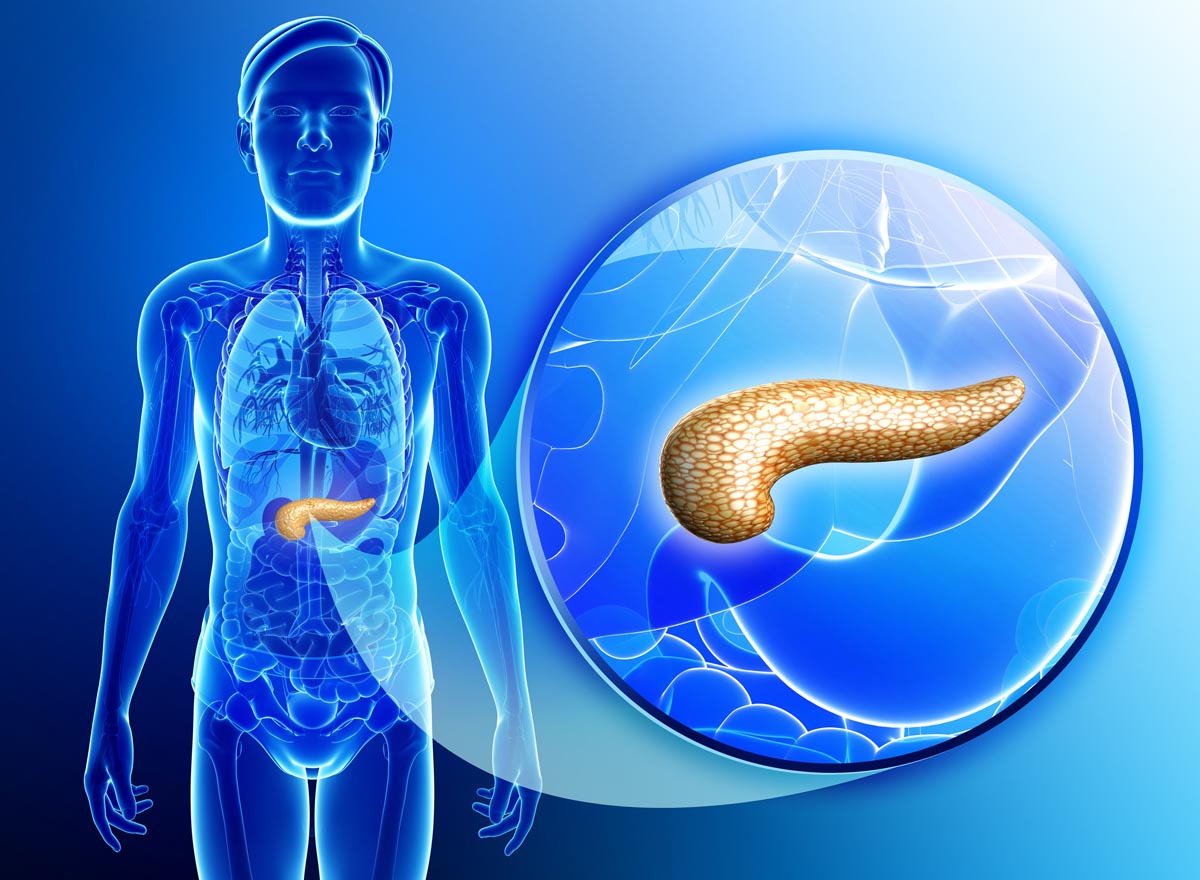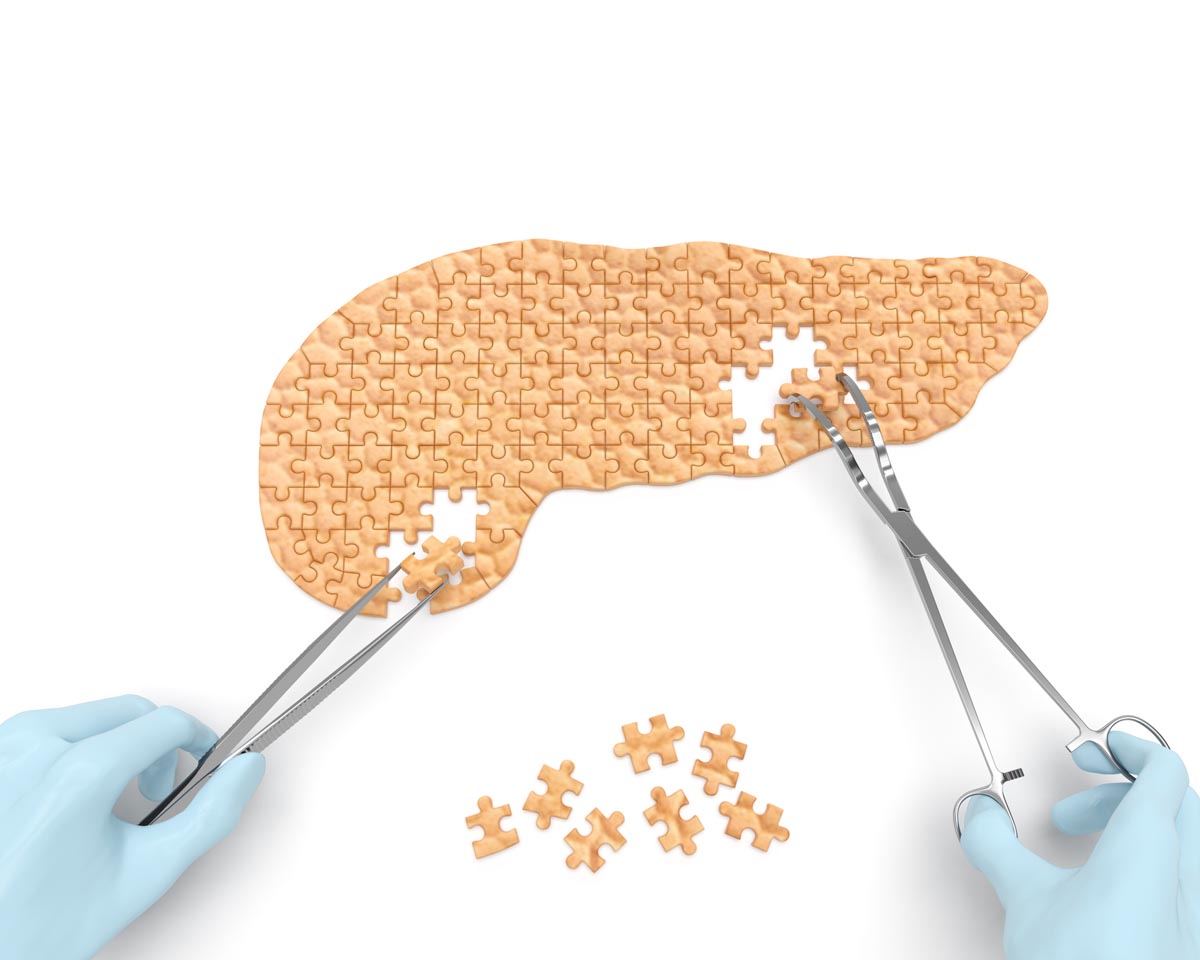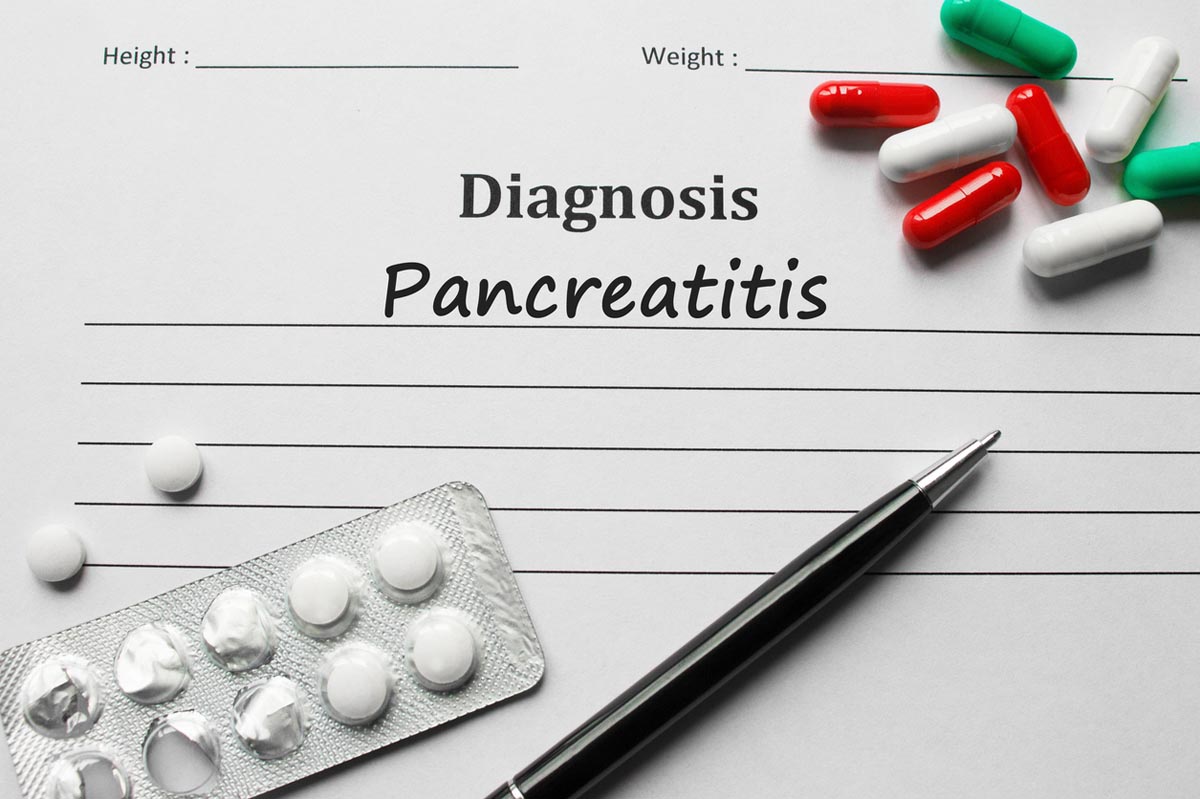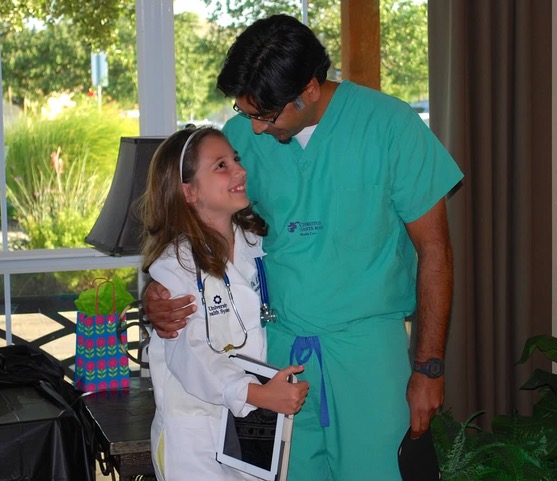

Your child comes down with a fever. They feel nauseous. They have a terrible, unrelenting stomach ache. Then comes uncontrolled vomiting and they can’t keep any fluids in their body. Typically, we are talking about 24-hour stomach bug. But less frequently, the symptoms emanate from a different source. Pediatric Pancreatitis, an inflammation of the pancreas, can often appear similar to a stomach bug. Pancreatitis pain, however is agonizing, radiating from the left side and middle of the abdomen to the back.
In most cases, pancreatitis goes away with IV fluids and restrictions of food and liquids by mouth. But severe cases may require immediate hospitalization and intensive care treatment.
About Pediatric Pancreatitis
Pancreatitis is an inflammatory process of the pancreas. The pancreas is a large digestive gland behind the stomach that produces enzymes which help break down food in the upper portion of the duodenum (small intestine). The pancreas also is responsible for producing insulin and glucagon, two hormones that help control levels of blood sugar, the body's main energy source. The pancreas performs life-essential functions and is critical to the digestion of fats, carbohydrates, and proteins.
When the pancreas is working normally, the enzymes it secretes do not become active until they reach the duodenum. But when the pancreas is inflamed, the enzymes become activated early (while still in the pancreas) and begin attacking internal structures. Tissues within the pancreas that produce enzymes become damaged, and the pancreas then fails to produce new enzymes. Over time, this tissue damage can become permanent, with calcium deposits and scarring developing in the gland.


Types of Pancreatitis
Pancreatitis can come on suddenly in an acute phase or acute pancreatitis can turn chronic with recurrent episodes and permanent damage to the pancreas. Chronic pancreatitis is a form of pediatric pancreatitis that is far more difficult to treat.
There are a range of reasons why a child will get pediatric acute pancreatitis: gallstone disease, medication-induced inflammation, infection, injury, birth defects, and genetic predisposition are a few precipitators. However, with 30% of pediatric cases, a cause will not be identified.
Chronic pancreatitis is defined as a progressive degenerative disorder of the pancreas resulting in irreversible damage. Repeated bouts of acute pancreatitis can lead to chronic pancreatitis or even a single damaging bout of acute pancreatitis. High levels of calcium or lipids and hyperparathyroidism have also been associated with chronic pancreatitis. Once chronic pancreatitis begins, there is no current cure, only treatment for symptoms.
Diagnosing Pediatric Pancreatitis
It can be difficult to diagnose pancreatitis as many doctors are uneducated in the treatment of the pancreas and its symptoms can cross-over to other afflictions.
One of the better forms of initially screening for pediatric pancreatitis is a blood test to look for the elevated presence of two enzymes: amylase and lipase. Both enzymes are made by the pancreas to aid digestion of foods. When the pancreas is injured or inflamed, the blood levels of these enzymes can rise above normal. It is important to note that, when the pancreas reaches a certain level of damage in chronic pancreatitis, a child can have pancreatitis without the elevation of amylase and lipase.
An MRI and CT scans are additional screening tools used by physicians to confirm pancreatitis. However, the pancreas can appear healthy on these scans during an episode of pancreatitis. An EUS (endoscopic ultrasound) will allow the doctors to have a better view of the pancreas to examine potential inflammation or damage.


Treatment of Pancreatitis
In most cases, acute pancreatitis gets better on its own. Children experiencing pancreatitis may need a short stay in the hospital. Treatment could require resting the pancreas by not eating or drinking (NPO status) and receiving pain medication with IV fluids. For the majority of children who experience pancreatitis, this treatment plan works sufficiently, and they are cleared to return home after 3–5 days of hospitalization and treatment. Often, there are limited complications once a child with pediatric pancreatitis returns home, although a physician may recommend putting your child on a low-fat diet with ample fluids. A low-fat diet places less stress on the pancreas and can help the organ to heal faster.
About 20% of children will be afflicted with a repeated flare-up of acute pancreatitis and some will experience multiple bouts.
In more severe cases, a child will undergo invasive procedures used to open up the pancreatic ducts called an ERCP (more details under Education page) with or without stenting and/or sphincterotomies. It may be necessary to drain pancreatic cysts that may have formed during inflammatory states as well. With the worst cases of pediatric pancreatitis, such as Rebecca’s illness, the pancreas become so damaged after recurring attacks, that the organ begins to fail.
The intent of Rebecca’s Wish is to help guide children and their loved ones through their journey of pancreatitis, whether in an acute stage or chronic. You are not alone while maneuvering this often confusing disease path.
Testimonials
“The pain was awful. It lasted for days. It is a pain I wouldn’t wish on anyone. It is so terrible, that it is impossible to describe. Just imagine the worst pain you’ve ever experienced and then multiple that by a thousand.” - Rebecca Taylor, Founder of Rebecca’s Wish
“When you have an attack of pancreatitis. It is the worst pain that a human being can experience. And that assessment comes from women who have told me about child bearing, from individuals who have had amputations or trauma. All of the consistently say that there is nothing that brings them to their knees or causes as much suffering as the pain from pancreatitis.” - Dr. Sandeep Patel, Pancreatic Specialist at UT Health Science Center of San Antonio
“If I had a thousand adjectives, I could never describe the pain she went through, Just thinking about it made me sick to my stomach. At her worst, she would be doubled over. Incoherent. Went three days without sleeping a single minute.”
- Christyn Taylor, President of Rebecca’s Wish. “




